
Topics
Keywords

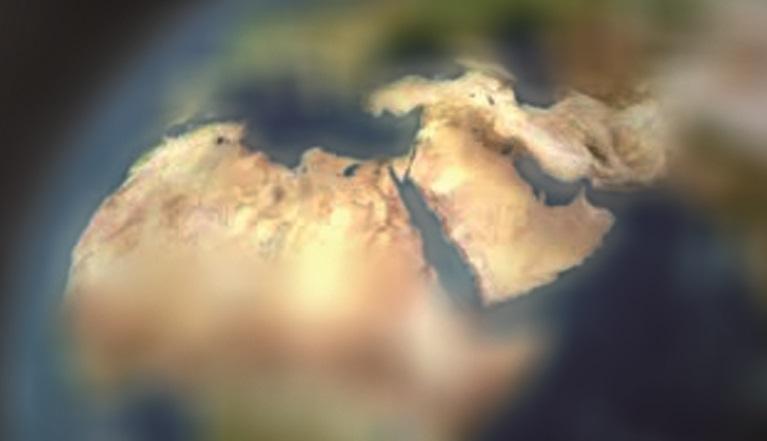
ORIENT IV 2022: Global geopolitics echoing into the MENA region
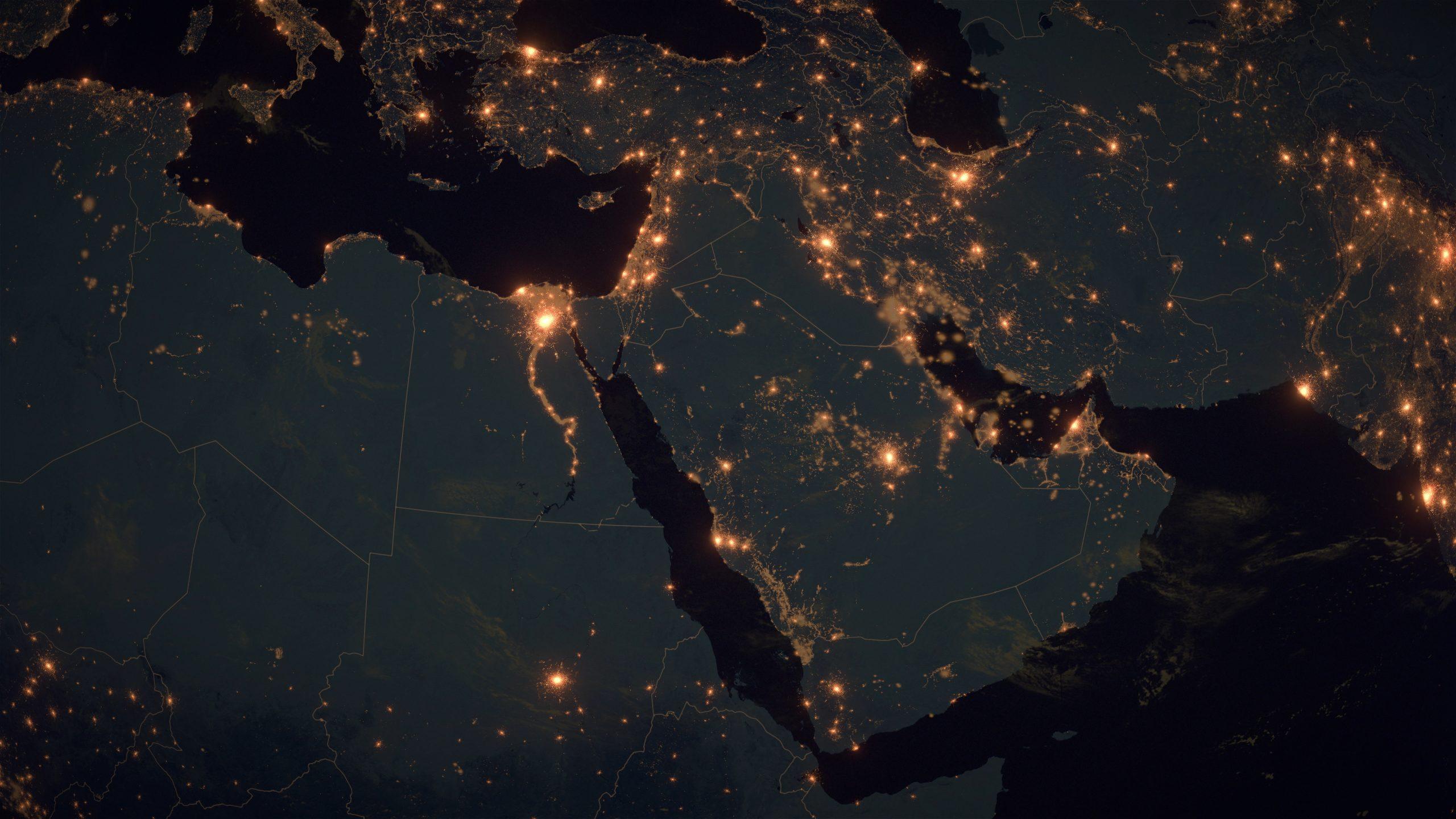
ORIENT III 2022: Intraregional geopolitics
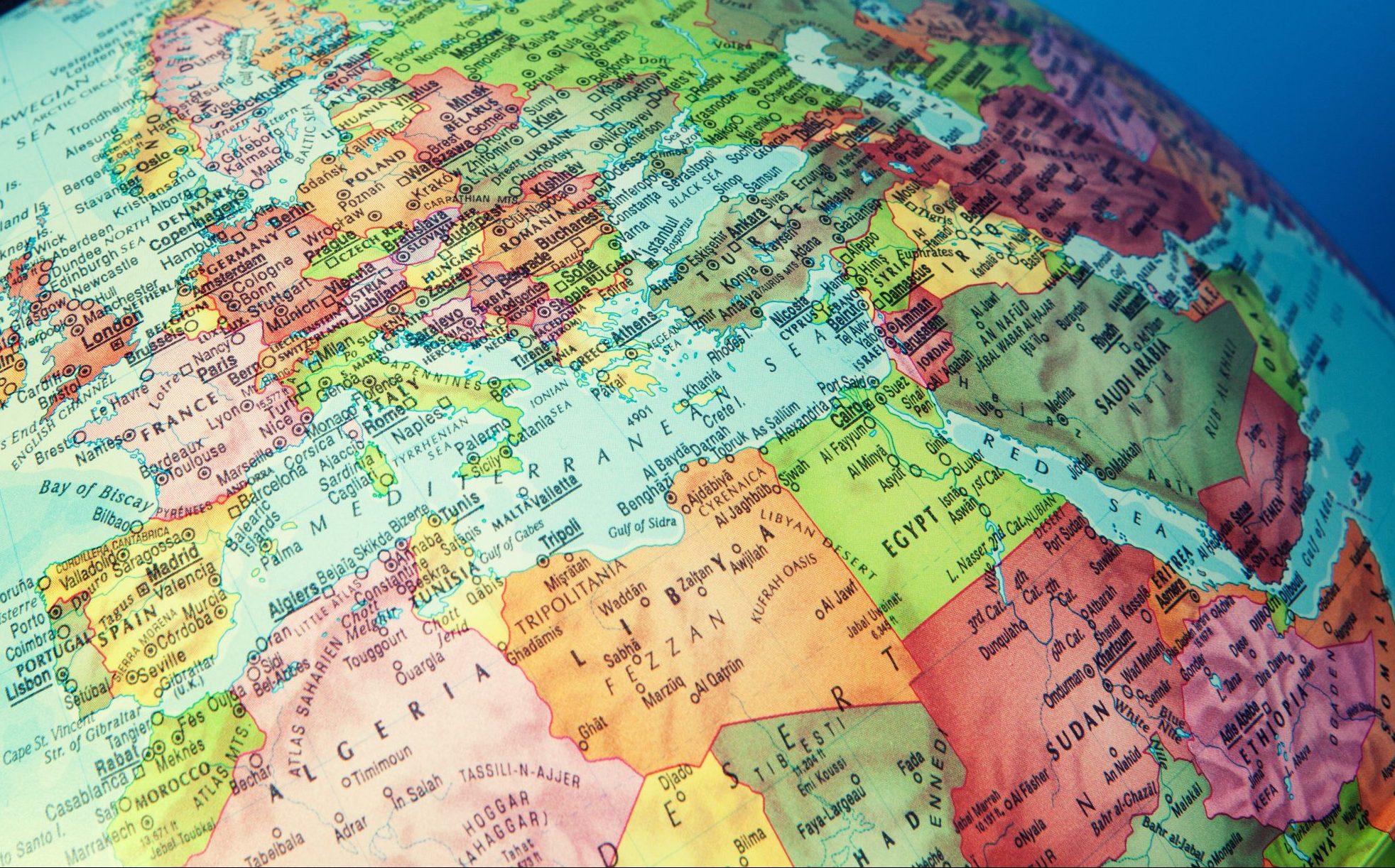
ORIENT II 2022: Germany’s role in the MENA region: Between continuity and change
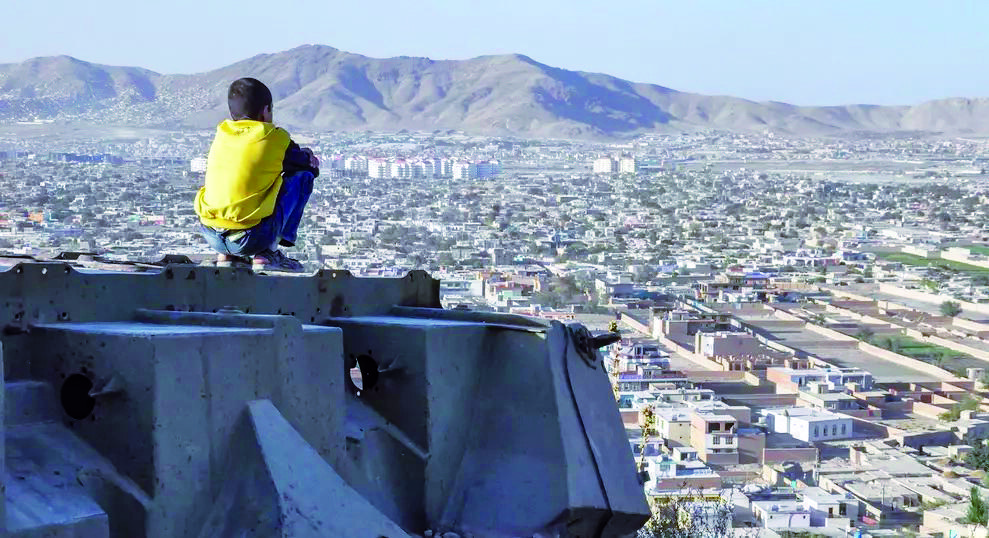
ORIENT I 2022: Afghanistan
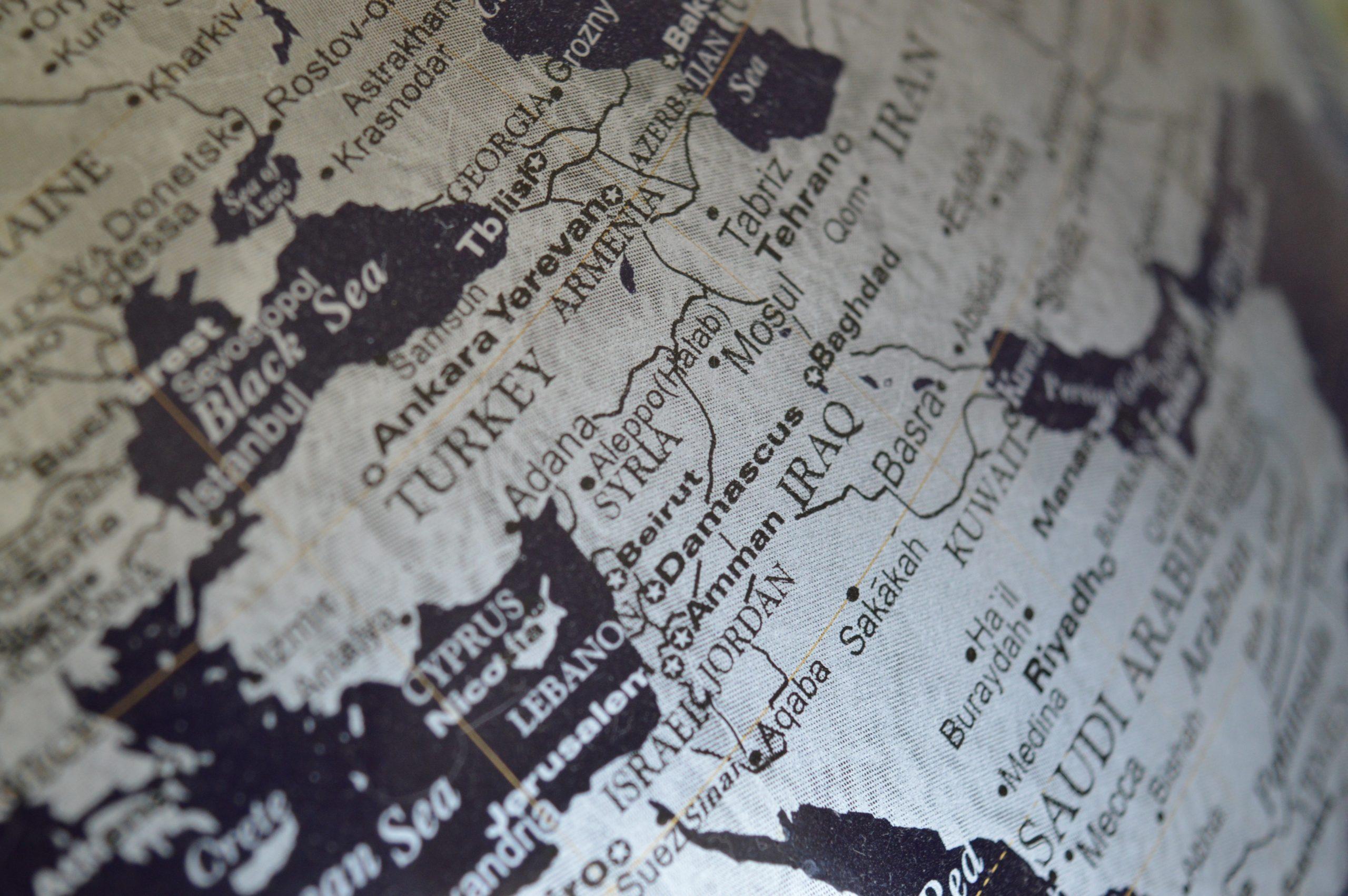



Ahrar al-Sham al-Nusra al-Qaeda Bashar al-Assad Caeser Act Civil Resistance Civil War Conflict Counter-Terrorism Democratic Union Party (PYD) Energy Sector Foreign Investment Free Syrian Army Hayat Tahrir al-Sham Humanitarian Aid Industrial Organisation Infrastructure Islamic State Jaish Khalid bin al-Walid Kurdish Groups Kurdistan Democratic Party (KDP) Kurdistan Workers’ Party (PKK) Land and Property Restitution Militarisation Operation Peace Spring People’s Protection Units (YPG) Post-War Recovery Rebel Groups Rebuild Syria Conference Reconstruction Refugees Sanctions Southeastern Anatolia Project Syrian Democratic Forces Turkish Strategy Uprising






Vakur Sümer and Ayşegül Kibaroğlu
The Middle East and North Africa (MENA) is suffering from varying degrees of a water crisis. While the region’s water challenge is an enduring one, new problems add layers of complexity and perhaps fragility and instability. Meeting the water challenge requires a better governance of water resources, both internal and transboundary; with a view to constantly renewing the infrastructure and adopting modern technologies. Improved water management, in turn, will contribute to the amelioration of the existing conflicts in the region whether local, country-based or regional.
Vakur Sümer is Director of the Eurasian research Institute, Hoca Akhmet Yassawi University, Almaty, Kazakhstan. He is also Associate Professor at the selcuk University’s Department of International relations in Konya, Turkey. His research interests include environmental policies and law in Turkey and crossborder cooperation on those matters.
Ayşegül Kibaroğlu is Professor at the Department of Political science and International relations, MEF University. Her research focuses on the role of water management in transboundary and international contexts.
7,90 €Add to basket
Quentin Wodon
The Middle East and North Africa (MENA) region is one of the most vulnerable to climate change,
with implications for already high levels of water stress, food insecurity, and forced displacement,
among others. Confronting these challenges requires a multi-faceted approach. roadmaps to
do so tend to focus on issues related to food systems, water management, energy use, how to
create climate-smart cities, and how to provide sustainable financing for climate action. These are
key priorities, but education to climate change should also be considered as a priority. Based on
research by UNEsCO, this article analyses the extent to which MENA countries have integrated
climate change education in their national curricula. Challenges faced by teachers in educating
students to climate change are documented. Finally, examples of initiatives taken in MENA
countries are shared. Overall, the MENA region may be lagging other regions, but there are also
some bright spots.
Quentin Wodon is Director of UNEsCO’s International Institute for Capacity Building in Africa. Previously, he worked at the World Bank, including as lead Economist, lead Poverty specialist, and manager of the unit on values and development. Before that, he taught with tenure at the University of Namur. He also taught at American University and Georgetown University. He holds four PhDs, has over 700 publications, and has held leadership positions with multiple nonprofits as part of his volunteer work. His research has been covered by leading news media globally.
7,90 €Add to basket
Martin Paul Jr. Tabe-Ojong
Martin Paul Jr. Tabe-Ojong is a Development Economist and works as an Associate research Fellow at the Development, strategy, and Governance Division of the International Food Policy research Institute (IFPrI), and is based in Cairo, Egypt. Passionate about international development, poverty reduction, and shared prosperity, his research focuses on selected strands in development, agricultural and behavioural economics using econometric impact evaluation. Previously, he has worked on issues covering agricultural transformation and rural development as well as aspirations and rural poverty. His ongoing work includes climate change adaptation, food security, social protection and labour market outcomes, digitalisation in agriculture, and socioemotional skills. Martin holds a Ph.D. in Agricultural Economics from the University of Bonn, Germany. He also holds an Msc in Agricultural and Food Economics from the same university where he was awarded the Hans H ruthenberg award for an excellent thesis from the Foundation Fiat Panis in 2019. He has advised and consulted for the World Bank, World Fish, ICrIsAT, the German Development Institute, Global Crop Diversity Trust, and, the Alliance for Bioversity and CIAT. He is highly skilled at data collection through household surveys with fieldwork and research stays in Cameroon, Kenya, Tanzania, Ethiopia, Ghana, Egypt, and Cote d'Ivoire.
7,90 €Add to basket
Manfred A. Lange
The MENA region is plagued by extremely hot and dry summers and extended warm spells and
the region is known as a “climate change hot spot”. results of numerical climate models indicate
heat waves lasting up to 90 days with temperauterers of more than 50° C in the late 21st century.
Enhanced warming in larger cities lead to outside conditions that become unbearable and pose
extreme risks to human health. Decreases in precipitation are enhanced through heat-related
processes and result in extreme water scarcity. Effective adaptation strategies that reduce the
risks to human communities and natural ecosystems rely on established methods in the framework
of a Water-, Energy- and Food-Nexus.
Manfred A. Lange is the Director of the Future Earth MENA regional Center and serves on the steering Committee of MedECC. Previously he was Director of the Arctic Center in rovaniemi, Finland (1992-1995), Professor of Geophysics at the University of Münster in Germany (1995-2007) and the founding Director of the Energy, Environment and Water research Center at the Cyprus Institute in Nicosia, Cyprus (2007-2015). He His research includes the assessment of climate change impacts with a focus on water- and energy security, renewable energy sources and energy- and water use efficiency in the built environment.
7,90 €Add to basket
Farah Al Qawasmi
Climate change is an increasingly manifested topic on the table of international dialogue, and the state of Qatar has been no stranger to this. In 2008, the country developed a strategic plan called “Qatar National Vision 2030,” through which it emphasised the strategies of its environmental pillar alongside its evidently changing environmental policies. Although it is a small, developing country, Qatar is amongst the largest emitters of CO2 and greenhouse gases, and has the highest C02 emissions per capita worldwide. In 2005, Qatar decided to improve its negative environmental impact and signed the KYOTO protocol. subsequently, Qatar has had a longstanding commitment to rationing state and consumer behaviour. The impact of climate change is grave for the world, and for Qatar specifically as it lacks natural resources such as water and fertile land and is situated in a geologically challenging region. In light of this, combined with growing economic and state developmental projects, Qatar finds itself stuck between the crossfire of a weak environmental state but an ambitiously growing economy with projects that could pose harmful environmental consequences both locally and internationally. Therefore, this article will adopt Qatar as a case study and present the effects of climate change. It will investigate the strategies and policies that Qatar has formulated and is currently developing and applying in order to achieve its mission of reducing the effects of climate change locally and internationally.
Farah Al Qawasmi is a researcher at the Gulf studies Center. she received her undergraduate degree from Georgetown’s school of Foreign service in Doha with a degree in International Politics. she continued her studies at sOAs, the University of london, where she pursued a Master of science degree in Cooperate Globalization and Development. Her research interests include water and food security, politics, and socio-economic development in the Gulf and MENA region.
7,90 €Add to basket
Muhammad Zulfikar Rakhmat and Diwangkara Bagus Nugraha
In recent decades, the relationship between Indonesia and the GCC countries havs made
significant strides, including on the political, security, economic and socio-cultural fronts. Energy
has been the bedrock of Indonesia-GCC economic engagements. While this has been dominated
by fossil energy, they are increasingly moving towards renewable energy and mutual efforts to
combat climate change. Even though the cooperation is still at an early stage, this paper aims
to examine the development of climate cooperation between Indonesia and the GCC countries,
with the objective of providing policy-oriented suggestions that the two sides can take to develop
their ties.
Muhammad Zulfikar Rakhmat is a research professor at the Korea Institute for ASEAN studies, Busan University of studies, and an assistant professor at Universitas Islam Indonesia. He is also affiliated with the Middle East Institute, National University of singapore. He received his B.A. in International Affairs from Qatar University, before completing M.A. and Ph.D from the University of Manchester, UK. His research focuses on China-Indonesia-Middle East relations.
Diwangkara Bagus Nugraha is a sustainable energy researcher focusing on southeast Asia. He is currently pursuing a master’s degree in sustainability Management at the University of Agder, Norway, and Universitas Gadjah Mada, Indonesia. Previously, he obtained his M.sc. in Advanced Electrical Engineering from the University of Manchester, UK.
7,90 €Add to basket